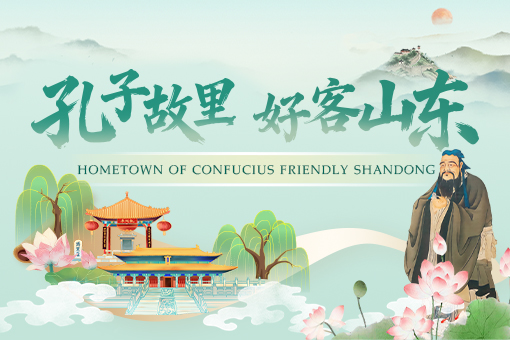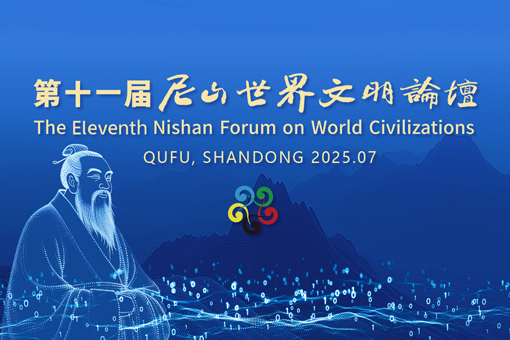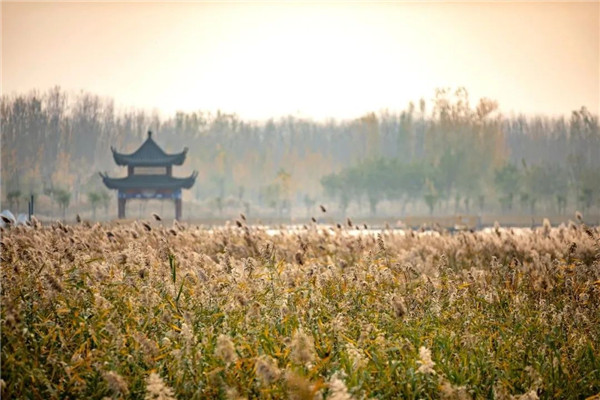Xi stresses united front's importance
Policy, supported by CPC since 1920s, key to securing national rejuvenation
The Communist Party of China has worked out its guiding principles, tasks, priorities and policies for the united front work in the new era, highlighting that such work plays an increasingly important role in safeguarding the nation's sovereignty, security and development interests amid the rapidly evolving international landscape.
A two-day central conference on united front work concluded in Beijing on Saturday with Xi Jinping, general secretary of the CPC Central Committee, giving an in-depth analysis on the historic significance of the united front work in the new era, as this year marks the centenary of the Party putting forward the policy of united front.
As an important way to unite Chinese people at home and overseas in order to achieve national rejuvenation, the united front must be maintained on a long-term basis, said Xi, who is also China's president and chairman of the Central Military Commission.
In essence, the work aims to bring together all the forces that can be united and mobilize all positive resources that can be mobilized to jointly work for the nation's strength and prosperity and the people's well-being.
He emphasized fully leveraging the united front's political role in rallying the people's support and pooling their strength to promote harmony in relations among political parties, ethnic groups, religious sectors, social strata and compatriots at home and abroad.
Xi said that as China is striving to build itself into a modern socialist country and realize national rejuvenation, the united front plays a more important role in gathering broad support to concentrate on the central tasks and serve the overall interests of the country.
In the course of its struggles over the past century, the Party has always placed the united front in a position of importance. Through united front work, it brings together all the forces that can be united and mobilizes all positive resources that can be mobilized to jointly work for the nation's strength and prosperity and the people's well-being.
Starting in the 1920s, the Party's united front work pulled the war-torn country together by building good relations among various political parties prior to the founding of the People's Republic of China.
In the following decades, it endeavored to create unity, and played a significant role in promoting the nation's system of multiparty cooperation and political consultation under the leadership of the CPC, and it contributed to the unity of all Chinese people in strengthening the cause of national reunification.
It also promoted the stability and prosperity of the Hong Kong and Macao special administrative regions, as well as stability in the Xinjiang Uygur autonomous region, the Tibet autonomous region and other areas largely inhabited by ethnic groups.
At the teleconference attended by the Party's central leadership and senior Party and government officials, as well as those who engaged in the key post of united front work nationwide, Xi stressed that the essential requirement of united front work is to achieve great unity and solidarity and that the key lies in seeking common ground while shelving differences but also respecting diversity.
As he underscored the importance of ensuring the Party's overall leadership over united front work, Xi urged efforts be made to truly unite all the sons and daughters of the Chinese nation from different political parties, ethnic groups and social strata, as well as those with different beliefs and living in different social systems. He also underlined the need to foster overseas patriotic elements and enhancing united front work online.
Experts said that the Party's united front work, which has played a vital role in pooling as much strength as possible and building up the broadest consensus in China's revolution, construction and reform and opening-up over the past century, will continue to contribute to national rejuvenation and promote harmony both at home and abroad in the new era.
As the nation's social structure is experiencing profound changes, they said, the united front should help strengthen the bonds between the CPC and non-Party intellectuals, people engaged in the nonpublic economy-which includes the private and individual businesses and foreign companies-and new social strata. Those involved in the new social strata include private entrepreneurs, technicians and managerial-level employees of private or foreign-funded companies, the self-employed and employees in intermediate organizations.
Wang Jianjun, a professor at the Central Institute of Socialism in Beijing, said that in the new development stage, the private economy plays an increasingly important role in advancing the supply-side structural reform, promoting high-quality development and building the modern economic system.
Those involved in the private economy should be united to enable them to come together as a mighty force to realize the Chinese dream of national rejuvenation, Wang said.



 Embark on cultural trip in Shandong
Embark on cultural trip in Shandong Global civilizations shine at Nishan in Shandong
Global civilizations shine at Nishan in Shandong Explore Taishan Mountain's autumn splendor
Explore Taishan Mountain's autumn splendor

